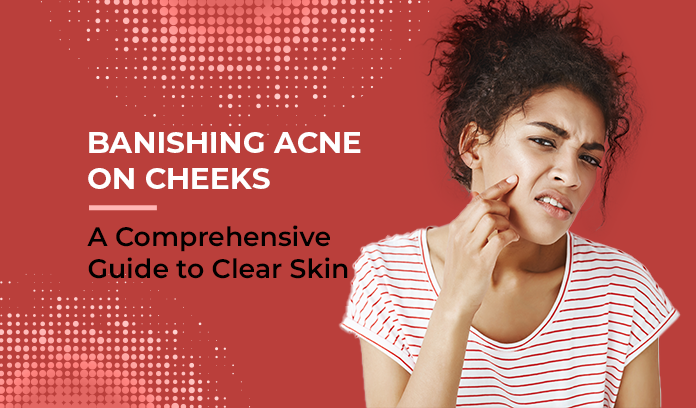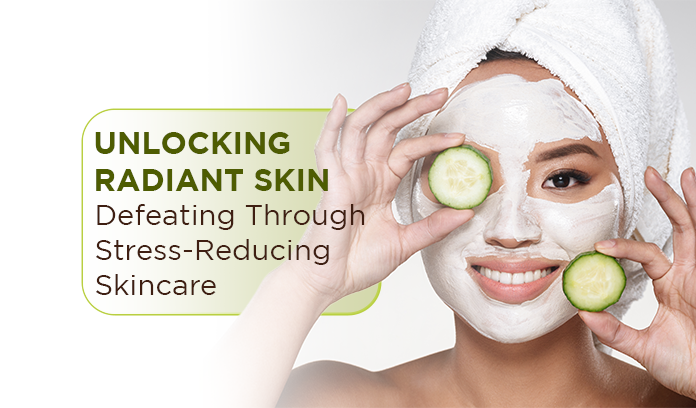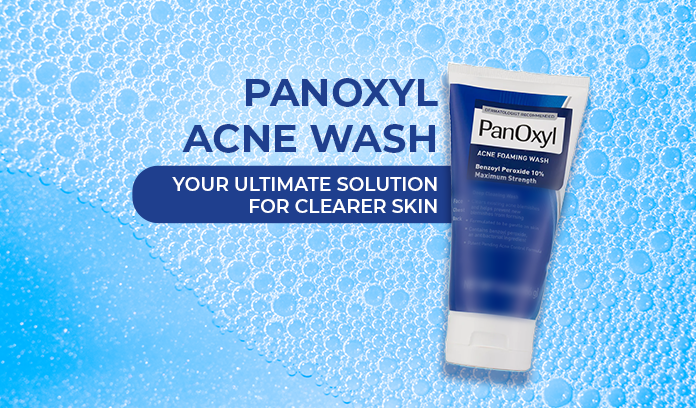When it appears on the cheeks as stubborn and pesky marks, acne can be a frustrating skin problem. While it may not be a life-altering issue, acne on the cheeks can significantly impact one’s self-perception and confidence.
If you struggle with cheek acne, worry not, as this blog delves into the possible causes, prevention, and effective remedies to help you achieve clearer, healthier skin.
Understanding the causes
Acne occurs because hair follicles are clogged with oil, dirt, and dead skin cells. This leads to bacterial growth and inflammation in the form of acne breakouts.
On the cheeks, acne can persist due to excessive sebum production, improper skincare regimens, hormonal changes, and friction from continuously touching your face.
Cheek acne breakouts can also result from unhygienic pillowcases and your phone spreading bacteria.
Prevention Is Key
Adopting a consistent and skin-appropriate routine can significantly reduce the likelihood of breakouts. Avoid harshly scrubbing your face as it can worsen acne and trigger inflammation.
Cleanse your face daily with a non-comedogenic cleanser to remove any excess oil or impurities.
Choosing an excellent lightweight moisturizer ensures key hydration by protecting the skin’s natural barrier. As excessive dryness could also trigger oil production, a lightweight and oil-free formula works best for oily acne-prone skin.
Treatment options
When acne on the cheeks persists despite certain prevention measures, there are various treatment remedies to regain control over your skin’s health.
Over-the-counter topical treatments containing benzoyl peroxide or salicylic acid can help in the recovery of mild cases.
These compounds work to minimize or destroy bacteria and unclog pores, promoting faster healing.
Consider seeking a dermatologist’s guidance for severe cases of acne on the cheeks. They can prescribe or recommend oral antibiotics or hormonal therapies for acne caused by hormonal imbalances.
Lifestyle habits
In addition to consistent skincare and medical interventions, lifestyle modifications significantly impact acne on the cheeks.
Make sure to eat a rich, balanced diet with fruits, vegetables, and whole grains. Adequate hydration and regular exercise also help flush out toxins from our system, promoting good skin health.
Avoid regular intake of highly processed foods and sugar content.
Conclusion
To treat cheek acne, it is vital to focus on improving your symptoms via consistent skin care practices supported by healthy lifestyle changes.
In case your acne on the cheeks persists, consult a dermatologist who can offer personalized guidance tailored to your skin’s needs.
With the right support and dedication, cheek acne can be treated to make way for glowing, clearer skin.











